Amid ongoing heightened tensions with Pakistan, New Delhi has recently taken a significant step in its diplomatic engagement with Afghanistan by permitting 160 Afghan trucks to cross the Attari-Wagah border via Pakistan. These trucks, carrying dry fruits, liquorice, and other agricultural products, had been stranded following the border closure after the deadly Pahalgam terror attack on April 22, 2025.
India’s decision to grant special entry to these trucks through the Integrated Check Post at Attari underscores its enduring commitment to humanitarian and commercial ties with the Afghan people. This move, made during a time of intensified crisis, reflects a pragmatic and forward-looking approach in India’s regional diplomacy.
This development came shortly after a historic phone conversation between India’s External Affairs Minister, S Jaishankar, and Afghanistan’s Acting Foreign Minister, Mawlawi Amir Khan Muttaqi. This was the first formal ministerial-level engagement between India and the Taliban leadership since 1999, marking a new chapter in India-Afghanistan relations.
Following the conversation, Jaishankar publicly acknowledged on X (formerly Twitter) the Taliban leadership’s strong condemnation of the recent Pahalgam terror attack. He tweeted, “Good conversation with Acting Afghan Foreign Minister Mawlawi Amir Khan Muttaqi this evening. Deeply appreciate his condemnation of the Pahalgam terrorist attack.”
Jaishankar also appreciated their firm rejection of attempts to sow disinformation aimed at disrupting Indo-Afghan ties. He reaffirmed India’s historical and steadfast friendship with the Afghan people and reiterated India’s commitment to support Afghanistan’s development. The two ministers discussed possibilities for enhanced bilateral cooperation, symbolising a maturing diplomatic approach and a realistic recalibration of India’s regional outreach.
In the aftermath of the April 2025 Pahalgam terrorist attack, India had dispatched a high-level delegation to Kabul to directly engage with the Taliban administration and express concerns over Pakistan-sponsored activities in the region.
Quick Reads
View AllThe delegation, led by MEA Joint Secretary Anand Prakash, met with Acting Foreign Minister Mawlawi Amir Khan Muttaqi, who unequivocally condemned the attack, stating, “We unequivocally condemn the terrorist attack in Pahalgam. Such acts of violence undermine efforts for regional security and stability. Afghanistan remains committed to combating terrorism and working closely with India to promote peace and cooperation in the region.” He also emphasised the need to bring the perpetrators to justice, underscoring Afghanistan’s dedication to ensuring both justice and regional peace.
This diplomatic outreach signals India’s intent to address security concerns through direct cooperation with Afghan authorities, marking a strategic move towards more open and pragmatic regional collaboration rather than reliance on intermediaries.
Demonstrating diplomatic maturity, the Taliban also categorically rejected Pakistan’s allegations that Indian missiles were launched into Afghan territory. On May 10, 2025, Taliban Defence Ministry spokesperson Enayatullah Khawarzmi dismissed these claims as “false” and “unfounded”, asserting that “Afghanistan is safe and secure, and no such incident has occurred”.
This firm rebuttal underscores the Taliban’s intent to maintain an independent and constructive relationship with India. Moreover, the Taliban has consistently assured New Delhi that Afghan soil will not be used for activities against Indian interests. In previous engagements, senior Taliban leaders, including acting Defence Minister Mohammad Yaqub Mujahid, have reiterated their commitment to addressing India’s legitimate security concerns.
Afghan authorities have also extended repeated invitations for greater Indian investment in Afghanistan’s reconstruction and development, underscoring their appreciation for India’s enduring contributions to Afghan infrastructure, education, and healthcare sectors.
India’s approach towards Afghanistan has always been developmental, constructive, and people-centric—markedly different from the strategic depth policy adopted by some regional players. It is precisely this consistent and positive engagement that has earned India unprecedented goodwill among the Afghan population.
Over the years, India has built over 200 schools, funded major infrastructure projects like the Afghan Parliament building and the Zaranj-Delaram Highway, and provided more than 1,000 scholarships for Afghan students. Additionally, India has played a pivotal role in enhancing Afghanistan’s healthcare sector by constructing and restoring hospitals and health centres.
Notably, the Indira Gandhi Institute of Child Health in Kabul, established with Indian assistance in the 1970s, serves as the country’s primary paediatric hospital, treating approximately 300,000 children annually.
Unlike in some neighbouring countries where anti-India sentiment persists, the Afghan people have historically expressed deep affection and admiration for India. This makes Afghanistan uniquely positioned as a partner where India does not have to exert excessive diplomatic effort to win hearts—it already enjoys considerable public support.
Engaging with the Taliban, therefore, is not a concession but a reflection of India’s evolving strategic realism. If global powers like the United States can engage with controversial actors—such as Hay’at Tahrir al-Sham (HTS) leader Abu Mohammad al-Jolani in Syria, who was on the US Rewards for Justice list with a $10 million bounty until December 2024—India should not hesitate to advance its national interests through constructive dialogue with the current Afghan leadership.
Prioritising national interest means proactively shaping bilateral relationships rather than waiting for others—such as China or other such inimical countries—to take the lead.
India now needs to go beyond developmental aid and public diplomacy. It should pursue formal diplomatic recognition of the Taliban government, initiate high-level strategic dialogues, and consider signing agreements on intelligence cooperation and regional security.
Afghanistan’s geography continues to offer both challenges and strategic opportunities. As a land bridge to Central Asia and a buffer against growing Chinese influence in the region, Afghanistan is too important for India to ignore. Historically, its geostrategic location has made it a focal point for great power competition—during the Cold War, both the Soviet Union and the United States vied for influence in Kabul, underscoring its enduring importance as a geopolitical pivot.
India must go beyond symbolic outreach and resist the tendency—rooted in its broader strategic culture—of adopting a reactionary foreign policy. Historically, India has often responded to developments only after other major geopolitical players have acted; for instance, its maritime engagement in the Indian Ocean gained momentum largely in response to China’s expanding geostrategic presence.
In the Afghan context, India should break from this pattern. Rather than allowing external powers to shape the strategic landscape, India must lead from the front. Its approach should be guided solely by its national interests, which must serve as the primary determinant in its regional strategy. Importantly, in the case of Afghanistan, India’s outreach is made easier by the unprecedented goodwill it already enjoys among the Afghan people—what is needed now is strategic clarity and political will.
Deepening political engagement with Afghanistan not only aligns with India’s long-term strategic objectives but also enhances its influence in a region that remains a critical pivot in Asian geopolitics. This also serves the broader objective of countering destabilising influences in the region and strengthening India’s position in South and Central Asia.
Proactive engagement can help stabilise the region, moderate radical narratives, and reinforce India’s image as a responsible and forward-looking power committed to peace and development. Afghanistan, long regarded as the heart of Asia, must not be a blind spot in India’s foreign policy. Rather, it should be an arena where New Delhi asserts its values and interests with confidence and clarity.
Imran Khurshid is a visiting research fellow at the International Centre for Peace Studies, New Delhi. Views expressed in the above piece are personal and solely those of the author. They do not necessarily reflect Firstpost’s views.


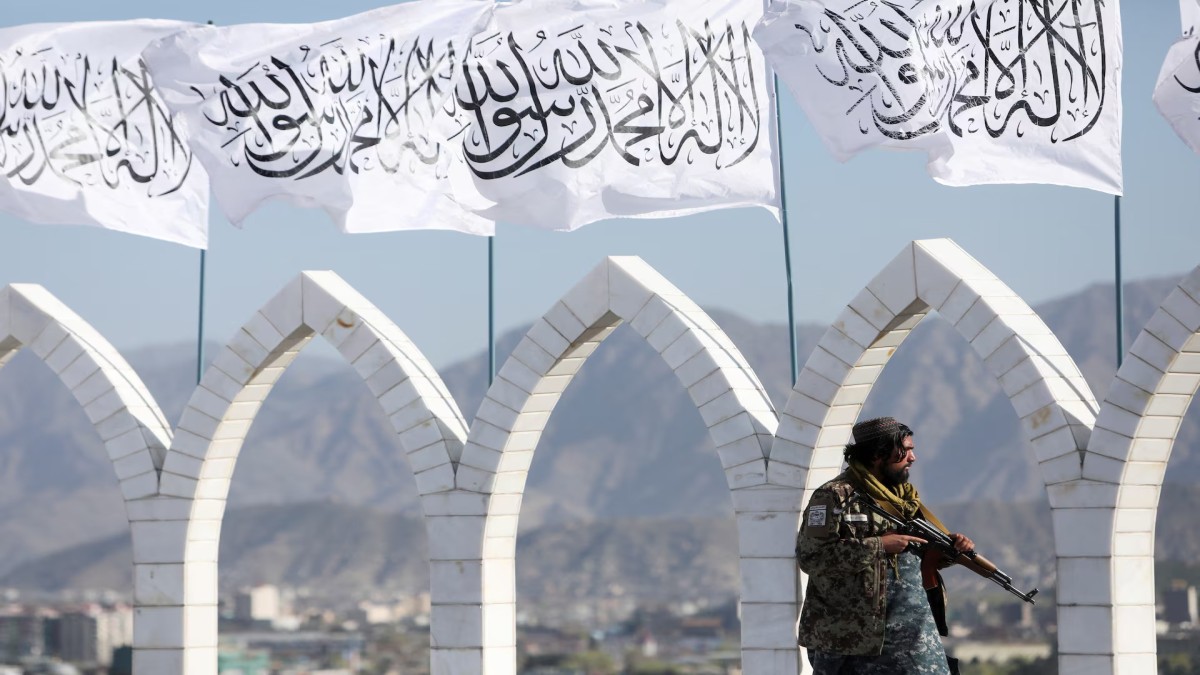)
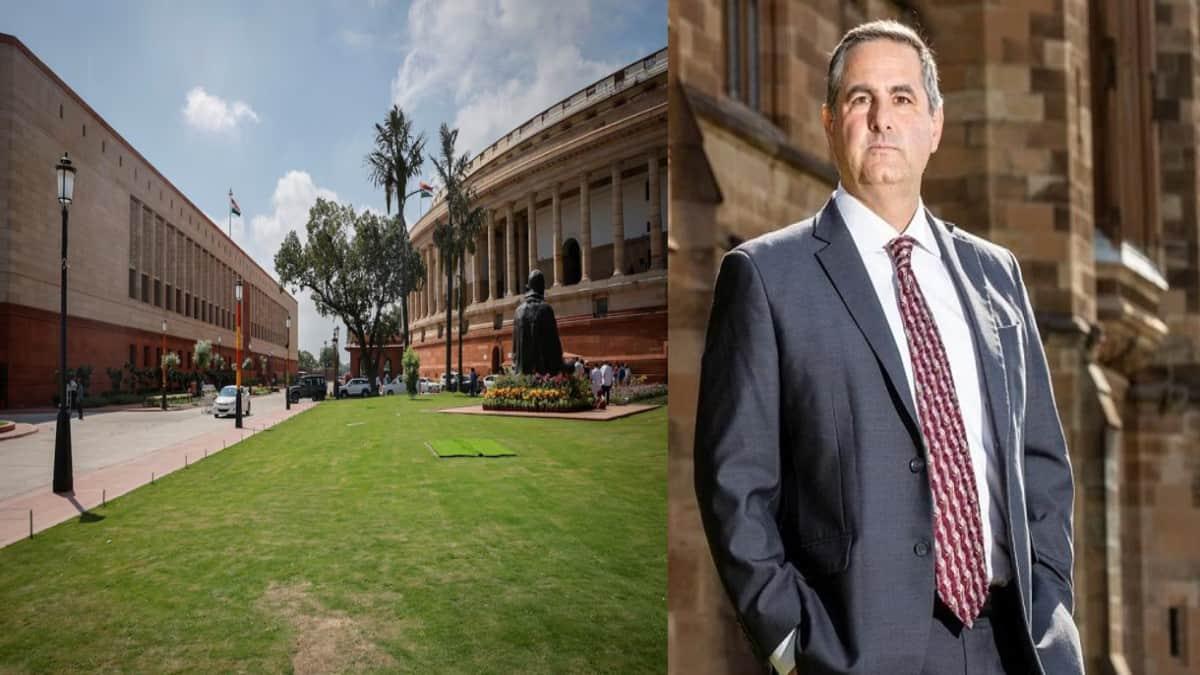
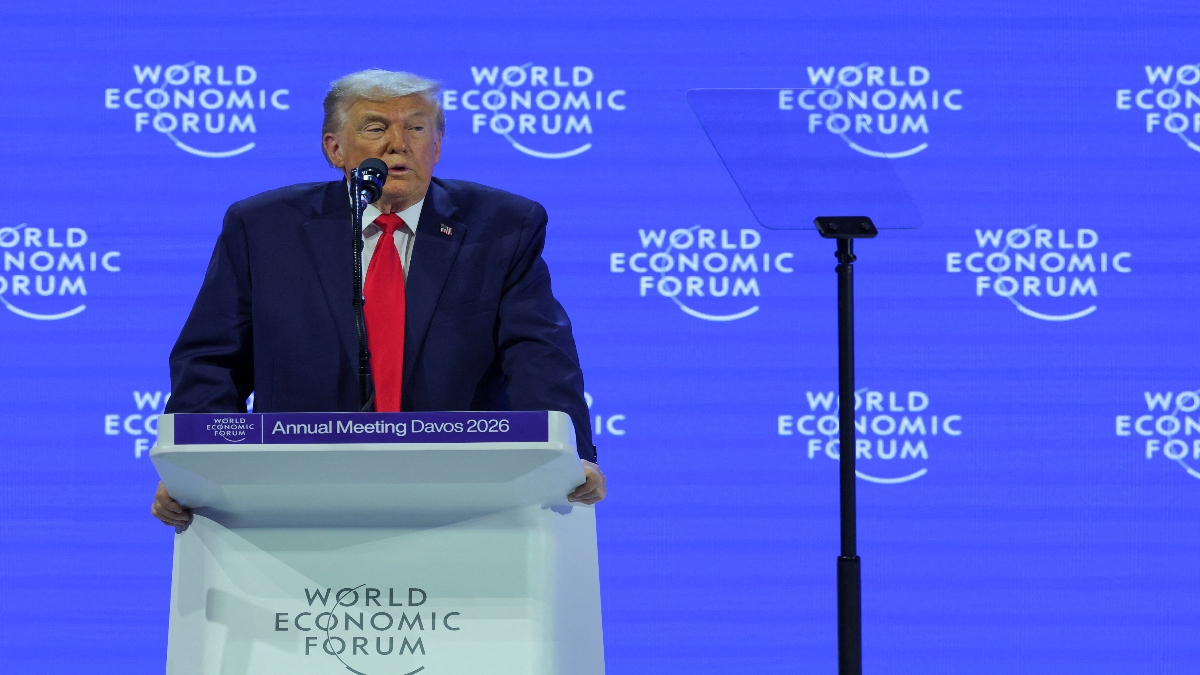)
)
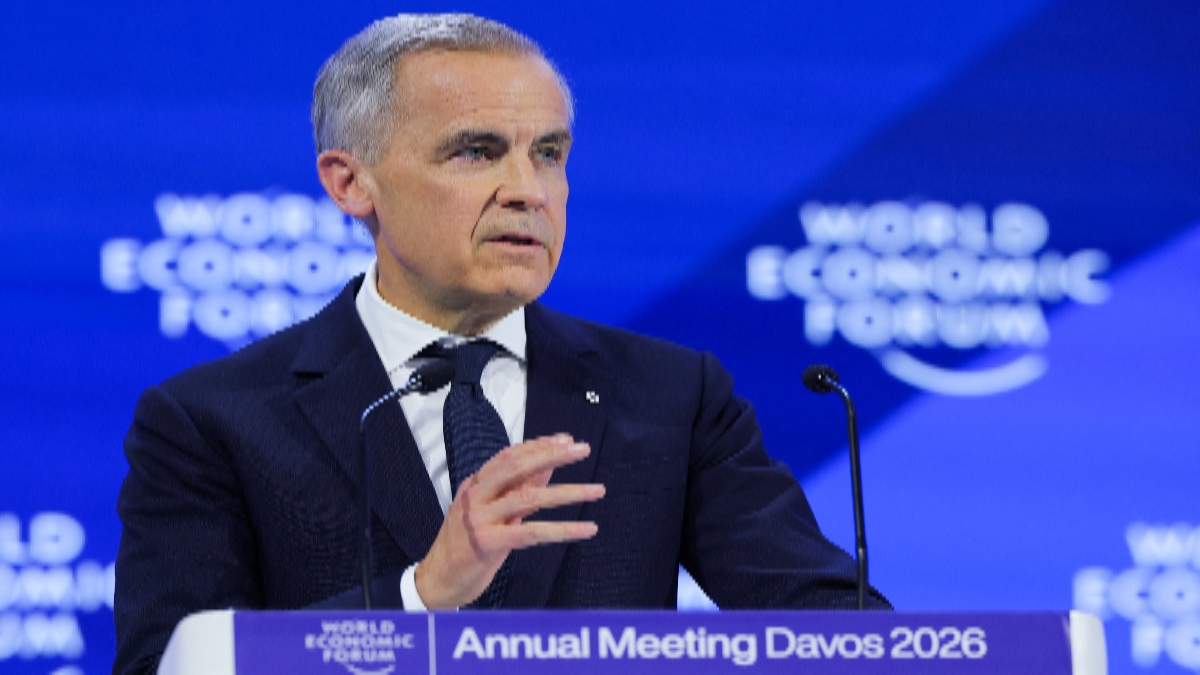)
)
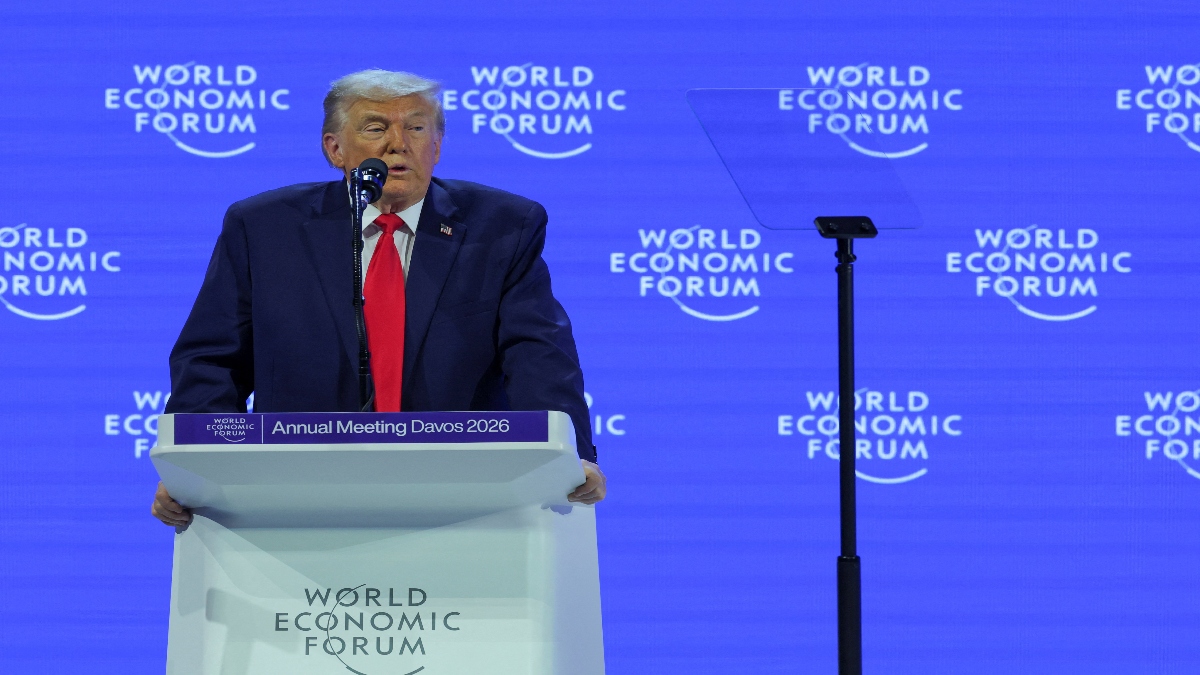)
)
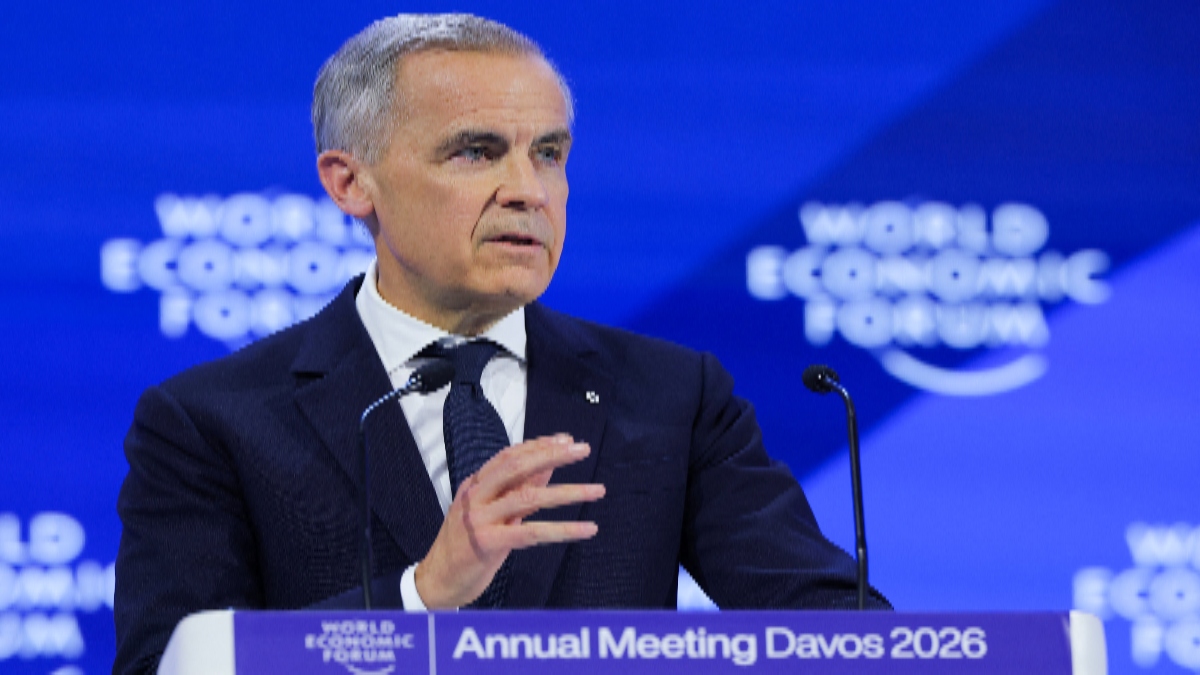)
)



